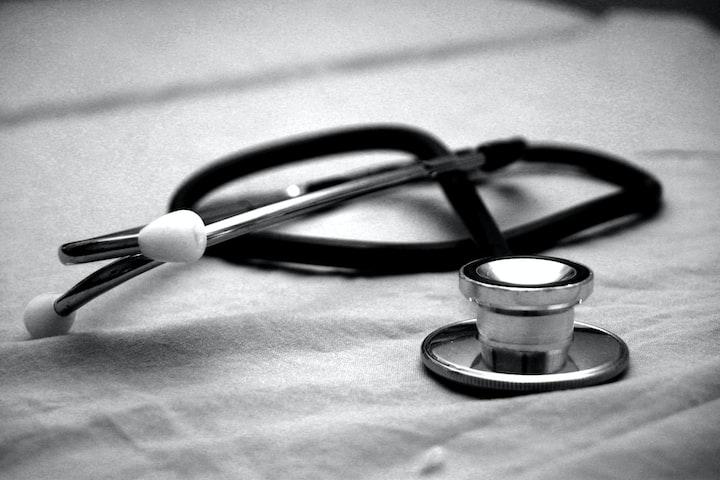What Questions Do Doctors Ask About Anxiety?
Anxiety is a feeling of apprehension or fear. It can be mild or severe. People with anxiety may feel like they are in danger, have lost control, or are going crazy. Anxiety disorders are the most common mental health disorders in the United States.
There are many different types of anxiety disorders, including generalized anxiety disorder (GAD), social anxiety disorder (SAD), panic disorder, and agoraphobia. GAD is characterized by excessive worry about everyday things such as finances, work, or family. SAD is marked by intense fear of social situations such as meeting new people or speaking in public. Panic disorder is characterized by recurrent unexpected panic attacks, which are sudden periods of intense fear that may include a pounding heart, sweating, shortness of breath, dizziness, and chest pain. Agoraphobia is an intense fear of being in situations where escape might be difficult or impossible if a panic attack occurs.
If you think you might have an anxiety disorder, it’s important to see a doctor so they can rule out other possible causes for your symptoms and provide you with the appropriate treatment. Doctors will typically ask about your medical history and any family history of mental health disorders to help them make a diagnosis. They will also.
Read More »What Questions Do Doctors Ask About Anxiety?






